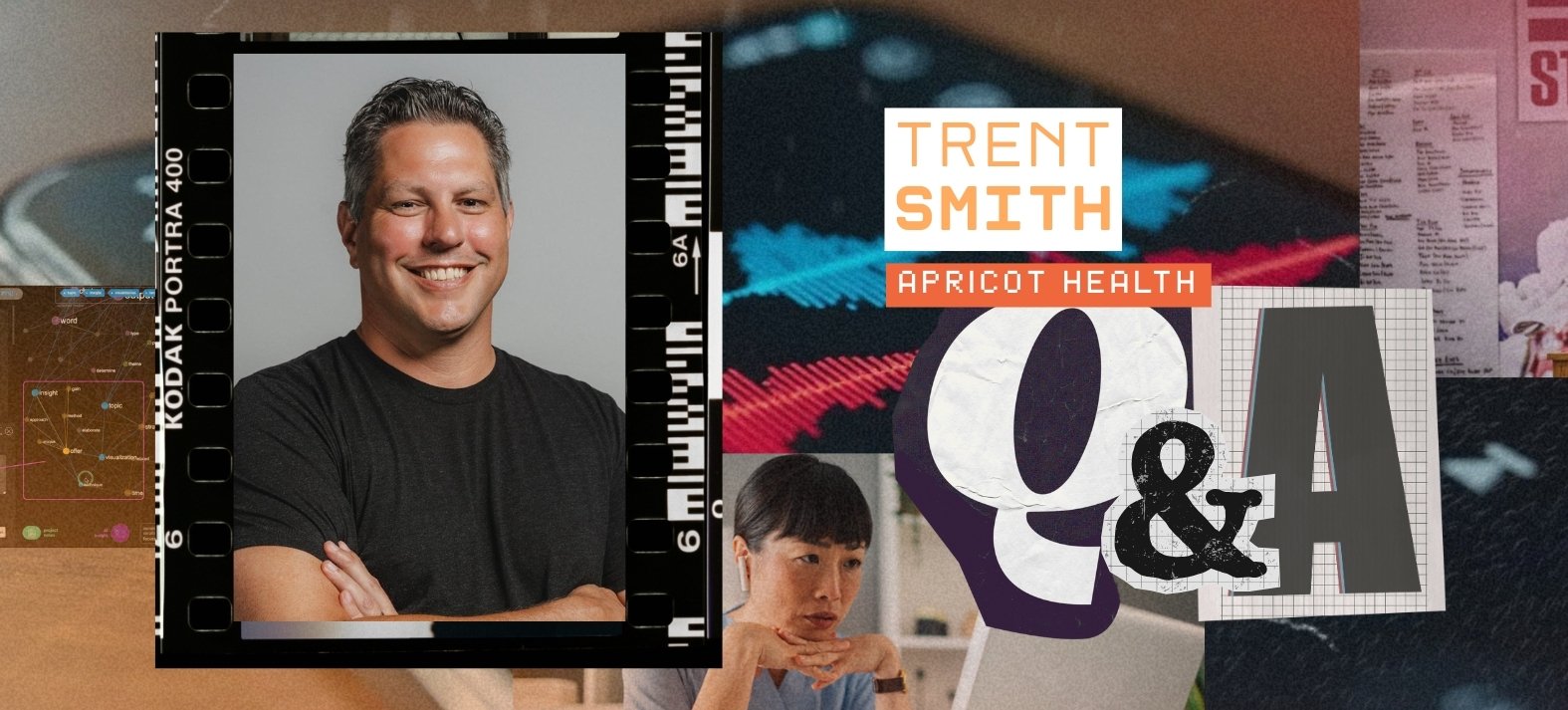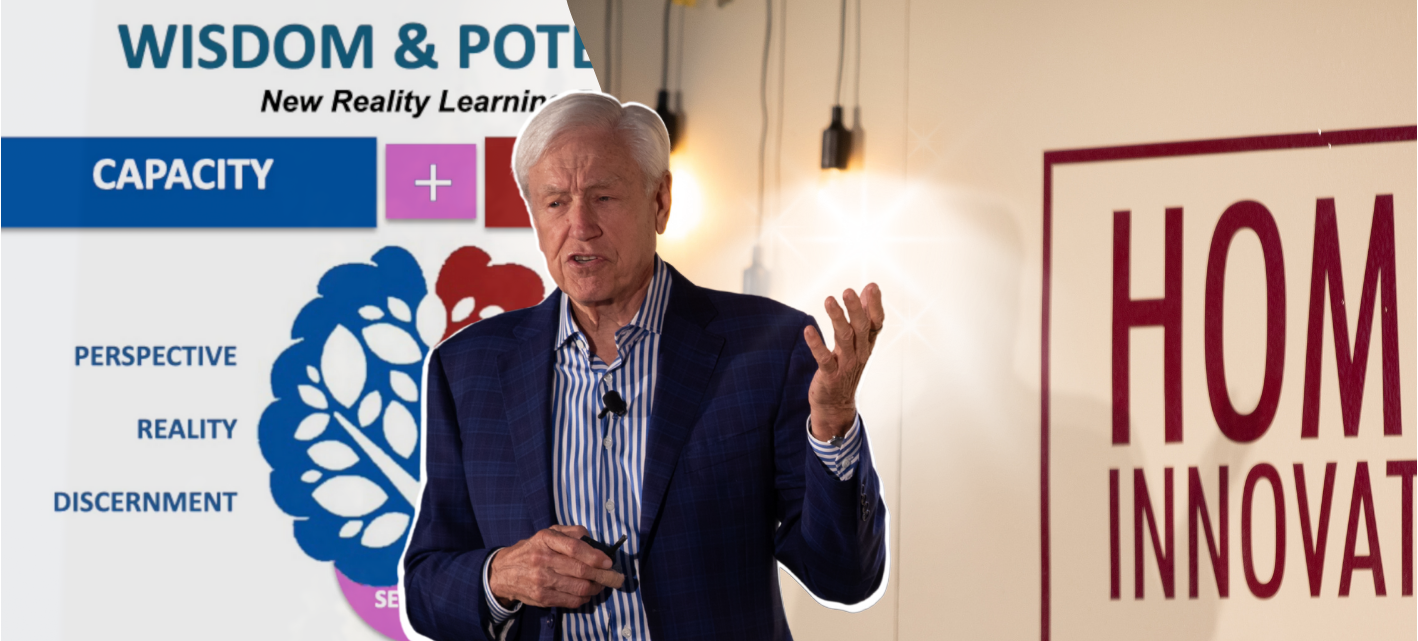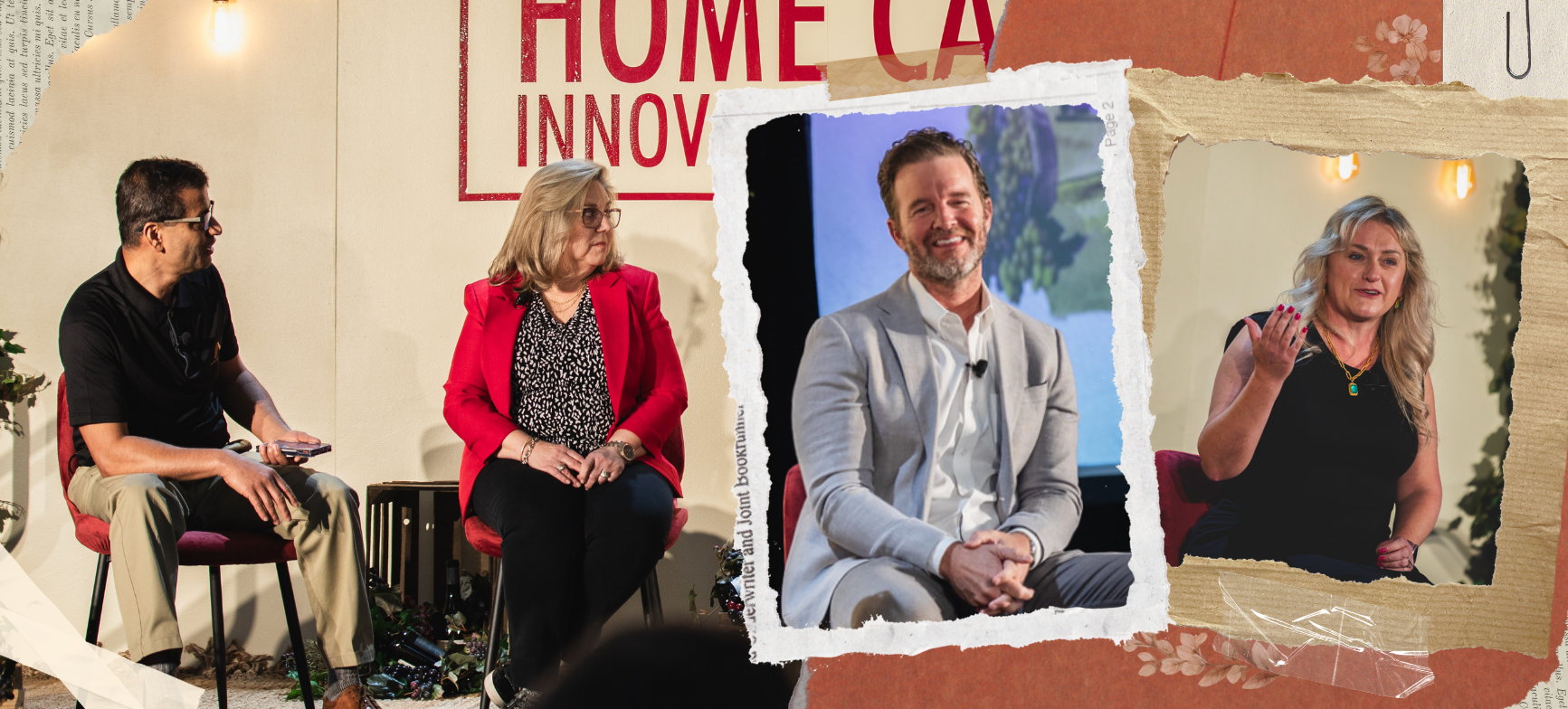When Preeti Kaur, EVP of Engineering at Honor/Home Instead, took the stage at the Home Care Innovation Forum, she delivered a stark message:
"None of us here is in the business of producing gadgets and using technology for the sake of using technology. We are all in the business of survival," she said.
In her talk, Kaur painted a picture of an industry at a critical inflection point, where smart home technology has moved from nice-to-have to critically essential for addressing an unprecedented care crisis.
AI with Heart: Beyond the Hype
Honor/Home Instead’s approach to artificial intelligence centers on what they call "AI with heart" — using the right intelligence at the right time for the right kind of care.
"We could say 'Hey, Sally is a great caregiver,'" Kaur said. "What AI will let you do is say 'Hey, Sally is a great caregiver for Mrs. Smith specifically, and here is why.' That's the power of GenAI. It makes things more personal, more urgent, and if we get it right, a lot more helpful."
The company, which served 50 million hours of care in 2024 with $1.7 billion in revenue, has been using machine learning for years to predict caregiver commutes, identify potential no-shows, and optimize scheduling. But generative AI takes this further by analyzing millions of daily data points — from casual conversations between staff and clients to routine check-ins — to identify patterns and predict needs.
The system can distinguish between a caregiver calling seven days ahead about needing a shift off vs. an emergency call about an accident on the way to see a high-supervision client. "Those are very different phone calls," Kaur said, "and GenAI helps you get through that quickly."
Beyond Pride: The Real Barriers
While technological capability exists, the biggest obstacle isn't the technology itself—it's human pride. "We all have heard that first fall," Kaur said. "They're always going to tell you 'Oh it's okay, it was a one-off thing,' but unfortunately it's really not. By the time the second fall happens, you're already in crisis mode."
This is why passive monitoring becomes crucial. Smart home systems, Kaur said, can "build a home ecosystem that speaks up when the resident does not," providing alerts and escalation without requiring someone to actively call for help.
Other barriers include cost, lack of reimbursement, digital literacy gaps, and technology infrastructure not designed with elderly users in mind. The middle class gets squeezed hardest—"too rich to qualify for Medicaid, too poor to afford private pay care out of pocket."
From Reactive to Proactive: An Ecosystem Approach
Honor’s solution involves shifting from reactive crisis response to proactive preparation. "That means building a roadmap for health, mobility, and digital readiness when you're 65, not scrambling when you're 85," Kaur said.
This requires treating digital literacy as essential as knowing your insurance premium. "The ability to use a voice assistant, a fall detector—these are vital things," she said.
Smart home technology isn't just a product category; it's "a whole system of products and services." No single company can solve this alone; success requires an ecosystem where everything and everyone communicates seamlessly.
"At Honor, we're seeing how GenAI is helping families find care, training caregivers, powering real-time alerts and intervention," Kaur said. "But this only works when the data follows the person, from sensors to caregivers to doctors to family caregivers to the whole ecosystem."
The Future Is No
To drive home her point about the immediacy of technological capability, Kaur showed a video of advanced robotics performing complex tasks.
"The one takeaway from this talk is it's not a far future, it's a near future, and it's coming," she said.
Kaur’s message was clear: smart home technology isn't coming — it's here. The question isn't whether the industry needs to adopt it, but whether it will do so quickly enough to meet the wave of demand already washing over at-home care providers nationwide.
🎥 Watch her full talk below 👇🏻
Posted by
Join us!
The retreat for home health care and hospice leaders innovators.
May 17-19, 2026 | Palm Springs, CA


-2.png)

-2.png)




Comments